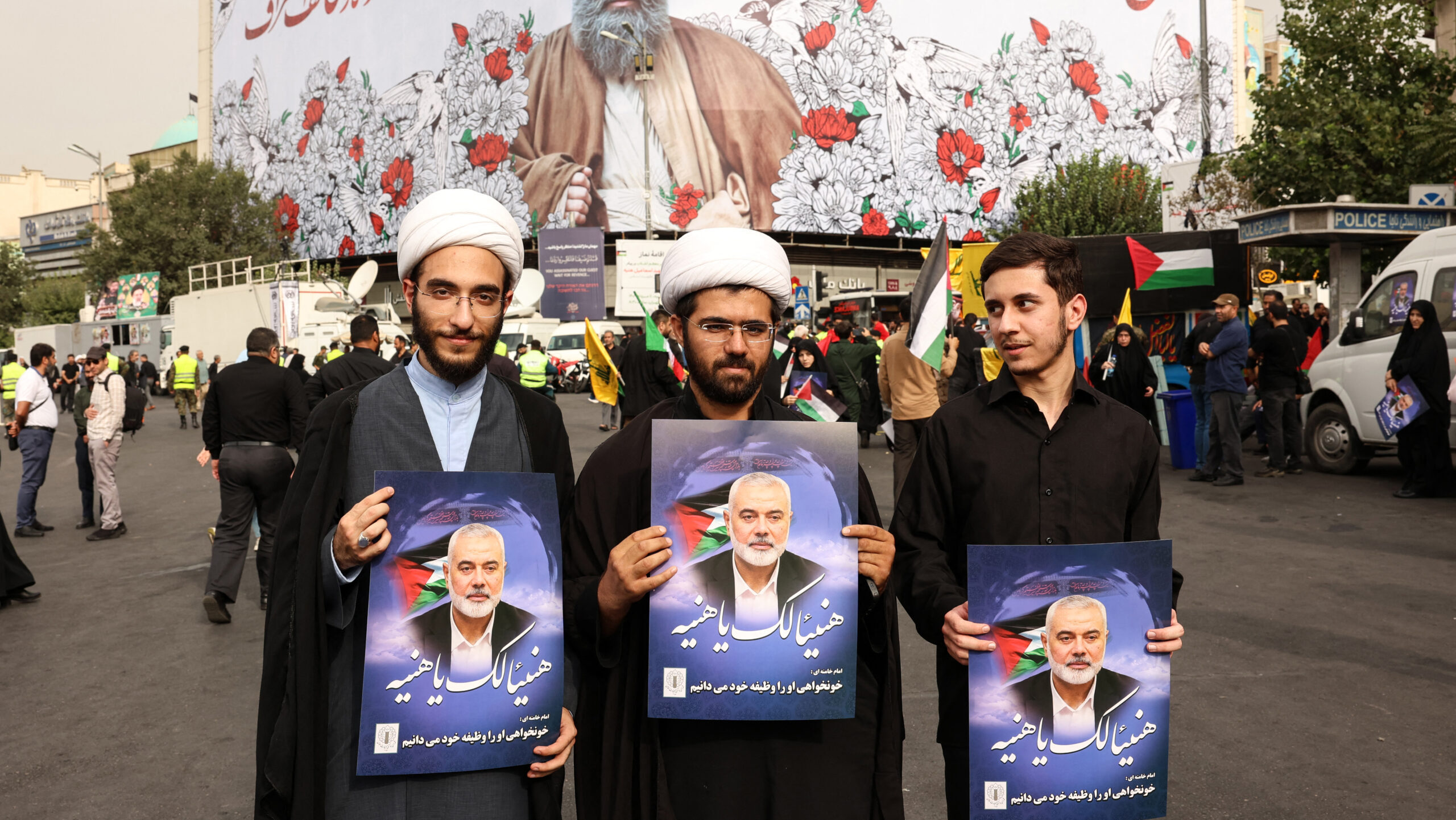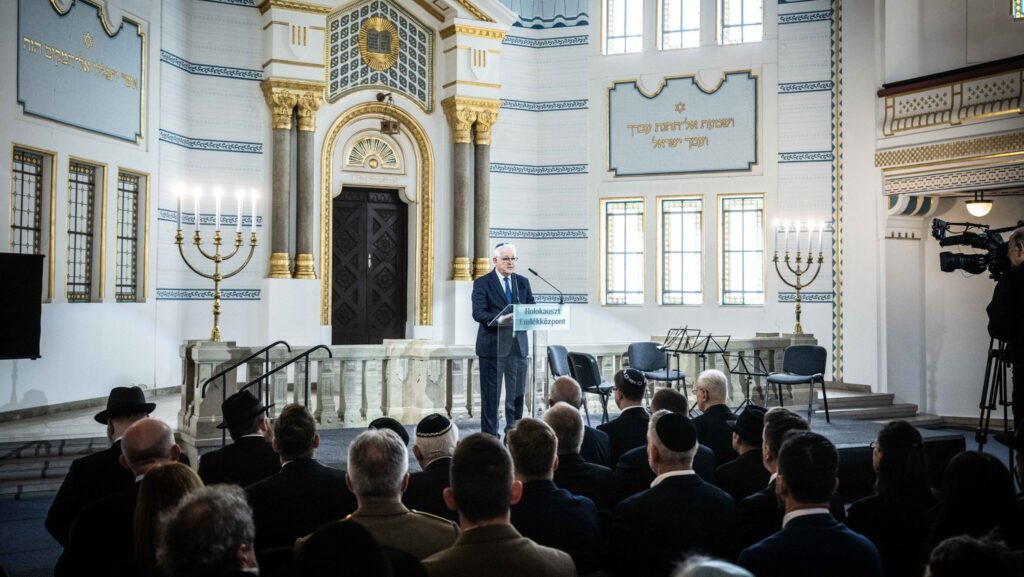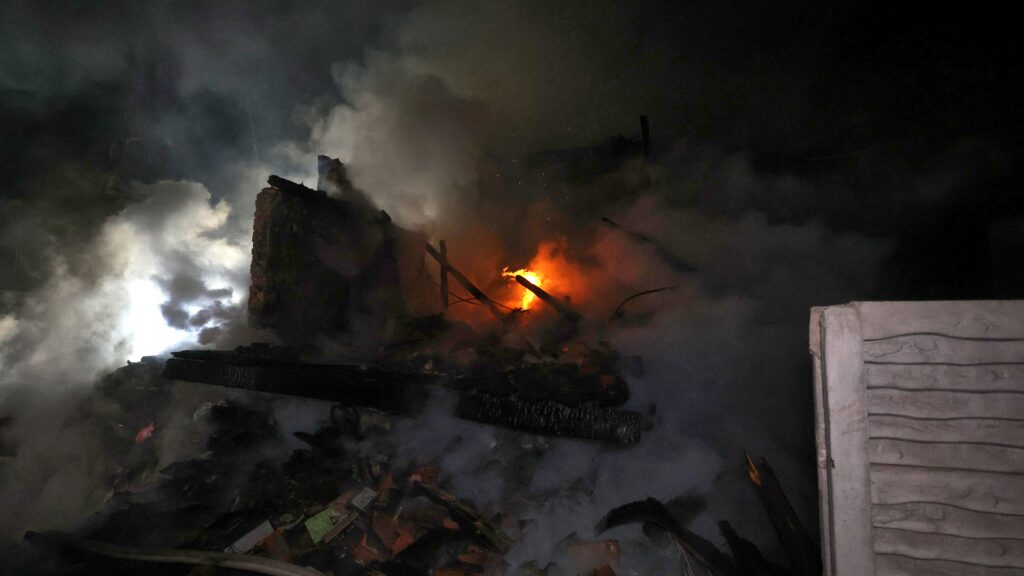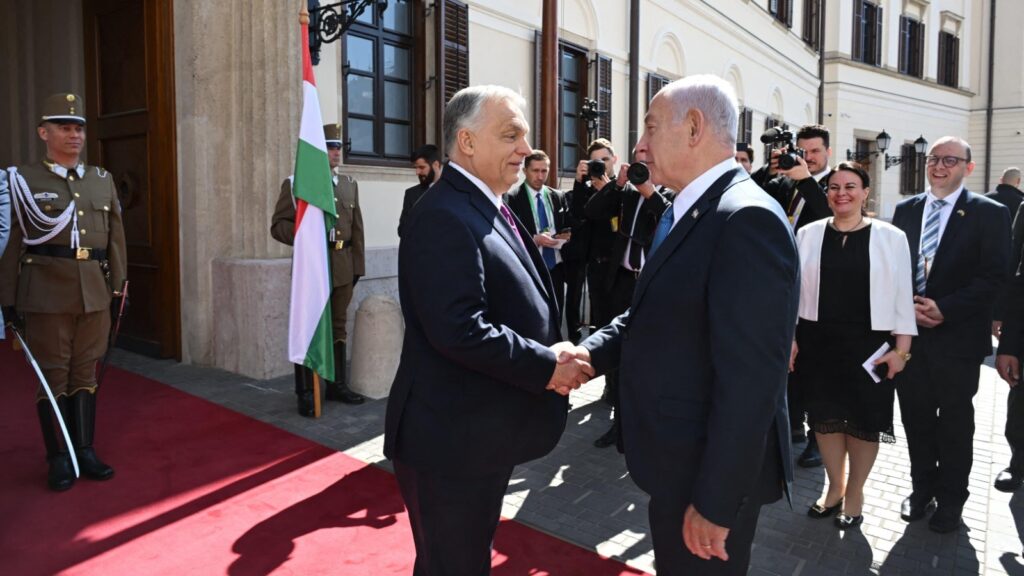There is an increasing risk of a broader escalation in the Middle East. In recent weeks, a series of events have been spiralling into new and increasingly dangerous developments.
Over the weekend the Lebanese militant group Hezbollah, backed by Iran, carried out a strike in the Israeli-controlled Golan Heights, resulting in the deaths of at least twelve people, including children. In response, Israel eliminated Hezbollah’s most senior commander in the Lebanese capital, Beirut, on Tuesday.
Israeli Defense Minister Yoav Gallant stated that the strike killed Fuad Shukr, who ‘has the blood of many Israelis on his hands.’ ‘Tonight, we have shown that the blood of our people has a price and that there is no place out of reach for our forces to this end,’ he emphasized.
Then, on Wednesday, the Israeli army carried out another precision strike, killing the political leader of the Palestinian terrorist organization Hamas, Ismail Haniyeh, in Tehran, the capital of Iran.
Israeli Prime Minister Benjamin Netanyahu stated after the assassination that Israel ‘will exact a very heavy price for any aggression against us on any front’ but did not mention the killing. He added: ‘There are challenging days ahead.’
The liquidation of Haniyeh—despite being fully justified as he was the head of a terrorist group and played a significant role in the terrorist attack against Israel on 7 October last year—could negatively impact the war in several ways. First, Iran cannot let one of its closest allies be killed in its capital without repercussions, as the strike raises further questions about the effectiveness of the Iranian security services. Secondly, Haniyeh was Hamas’s chief negotiator in the Israeli–Hamas war, and his elimination has significantly reduced the chances of a negotiated settlement. Without Haniyeh,
Hamas may decide to back out of the negotiations entirely.
Iran’s Supreme Leader Ali Khamenei ordered the military to directly attack Israel following the assassination of Haniyeh. According to media reports, the directive was issued during an emergency meeting of Iran’s Supreme National Security Council.
US Secretary of Defense Lloyd Austin stated earlier: ‘If Israel is attacked, we certainly will help defend Israel.’ US National Security Communications Adviser John Kirby also stressed that the United States has and will maintain a level of readiness to preserve its national security interests in the region.
European Commission spokesperson for foreign affairs, Peter Stano, told Euractiv that the EU is closely following reports about the assassination of Hamas’ political chief Ismail Haniyeh. He stated: ‘We call on all parties to exert maximum restraint and avoid any further escalation. No country and no nation stands to gain from a further escalation in the Middle East.’
Tehran had previously attacked Israel. On 13 April, Tehran launched a massive retaliatory strike against Israel in response to the Jewish state’s attack on Iran’s embassy in Damascus on 1 April. The Tehran attack involved at least 170 drones, 30 cruise missiles, and over 120 ballistic missiles. The Israeli air defence successfully intercepted 99 per cent of these projectiles before they breached the state’s airspace.
‘We strongly condemn this attack. However, its implications extend far beyond the immediate conflict, posing a grave risk of engulfing the entire Middle East in inter-state warfare. This not only constitutes a regional concern but also represents a significant threat to global stability, including Hungary,’ Hungarian Prime Minister Viktor Orbán stated at the time.
Israel then launched a limited response against its main rival, and the international community managed to prevent further escalation.
Related articles:








